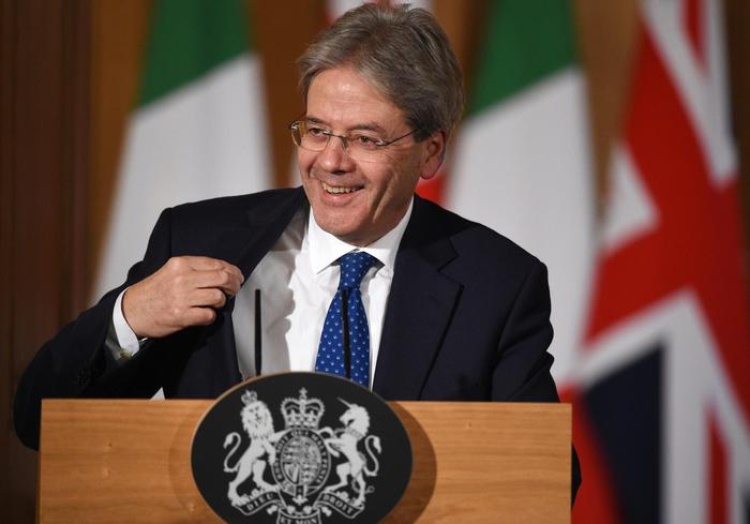The suspected crimes include aggravated information system abuse, illegal interception of communications and political and military espionage.
Daily newspaper The Guardian reported that the attack lasted at least four months before being detected.
Premier Paolo Gentiloni was head of the foreign ministry at the time but The Guardian said he was not affected by the hack, as he avoided using email as a mode of communication during his role as foreign minister.
An Italian official confirmed that the attack took place in the spring of 2016, but did not confirm that Moscow was behind it.
Two other people with knowledge of the attack said the Russian State was suspected of being behind it.
According to local sources, Rome prosecutors opened an investigation a few days ago into unknown suspects over the hack.
Investigators believe the hackers did not nab any "classified" data as they did not manage to get to the point of attacking encrypted information.
It is believed the hackers are from Eastern Europe as the malware used has computer-engineering characteristics that can be traced to this area.
“It is good to reiterate that they were not attacks on the encrypted information system through which the most important and sensitive information travels, but the system to manage the emails of foreign minister and embassy personnel,” an Italian official said.
Russian Foreign Ministry Spokesperson Maria Zakharova said Friday that there was no evidence to back the report.
"There are no facts that prove this assertion," she said.
With ANSA












